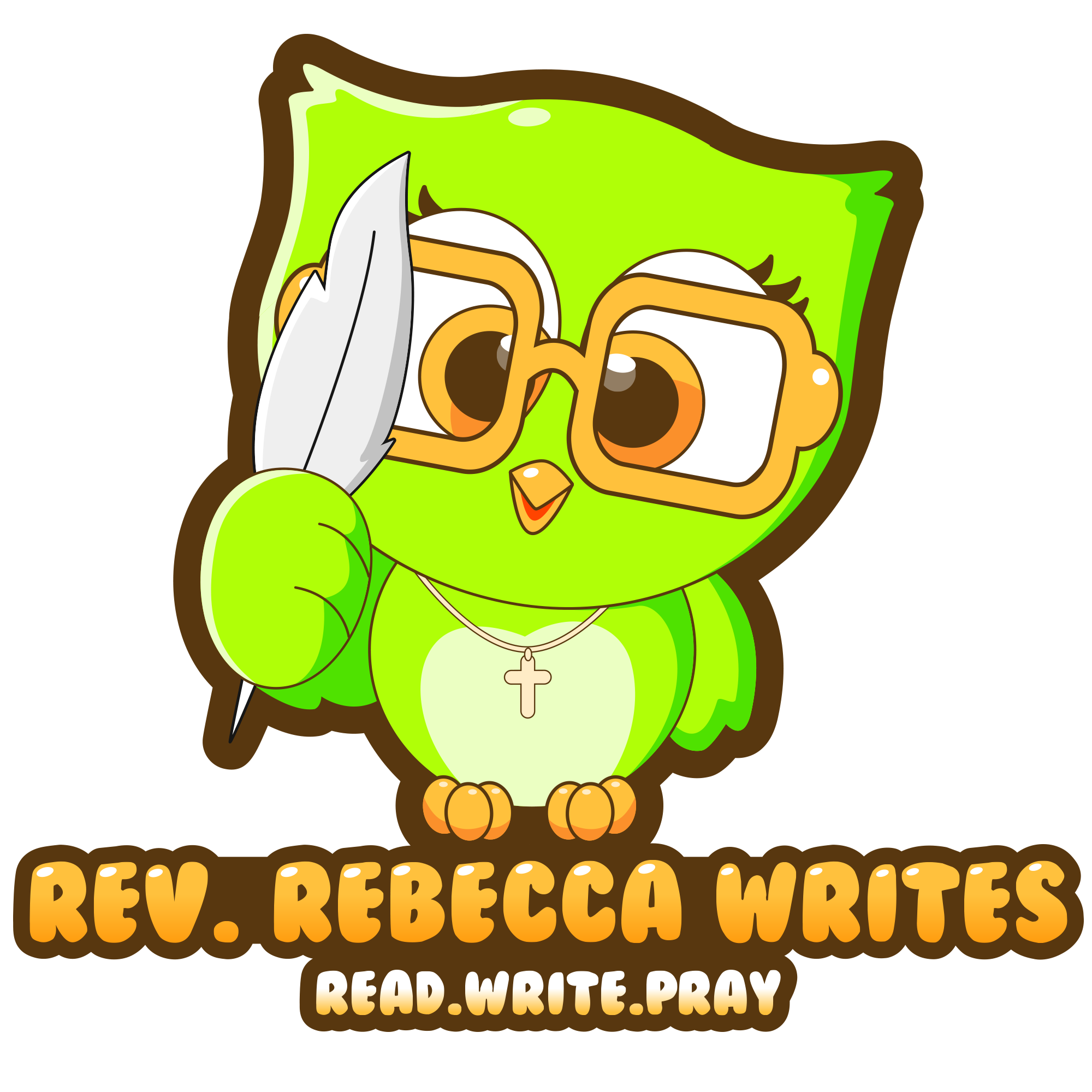Three Easy Ways the Church Can Support People with Disabilities During the COVID-19 Pandemic

With the current spread of the COVID-19, I understand that we live in fearful times. However, it is important to remember that as people of faith, the Good News of Jesus Christ is that we do not need to be slaves to fear. As the church, we are called to be the hands and feet of Christ in the world. I would like to encourage all of us to please remember the most vulnerable groups in our society. Here are some ideas for simple and meaningful ways the church can support people with disabilities during these challenging times.
1. Ask if you can pick up items at the grocery store or pharmacy for those who are unable to leave home or have mobility challenges.
People with disabilities are particularly vulnerable during this time of crisis. Many of us are immunosuppressed and are at a greater risk. As a person with a visual impairment, I am at a higher risk because I experience much of the world through my sense of touch. Many people with disabilities must rely on public transportation because we are unable to drive. For those of us who rely on personal care attendants, social distancing is not an option.
If you know someone who has a disability or is unable to leave home because they have a low immune system, ask how you can help that person. “Because of my low immune system and my cancer diagnosis, I am in the high-risk category for coronavirus,” writes Holly Bonner of Blind Motherhood.com. “I have had to rely on my friends and neighbors who have been dropping me off milk, eggs, meat, and other odds and ends. These people have offered to help me and I am so grateful.”
2. Let people know you care.
Having a disability can cause people to feel isolated. I am a very extroverted person, but when I was younger, I experienced a great deal of social isolation because of my low vision. When I attended Beacon Lodge Camp for the Blind, I made friends with a young woman who was deafblind. Although we’ve grown apart over the years, I still remember how important touch was for her. I would sign the letters of the alphabet into the palm of her hand. If we wanted to communicate, we needed to touch one another.
In the end, you must do what makes sense to your head and to your heart. Consider sending an old-fashioned greeting card. Call people on the phone to chat, send thoughtful text-messages, and check in with the most vulnerable members of your community to let them know that they are not alone. Right now, the nursing-homes in our area are all on lockdown. To help parishioners in nursing homes feel less alone, we are showering one person a week with cards. It costs very little to let someone know that you care, but it can make all the difference in the world.
3. Refuse to give in to fear. Be creative with your outreach!
Recently, I went to the grocery store. The scene reminded me of the frenzy our town faces before a major snowstorm, but something was different. Fear was in the air. Despite the multitude of people, the store was eerily quiet. In the pasta aisle, I stepped aside as two shoppers sized one another up over the last box of whole-wheat spaghetti.
Suddenly, another woman slammed into me with her cart. “Watch where you’re going,” she snarled. “What’s wrong with you? Are you blind?”
Before I could politely explain that I am indeed visually-impaired (my right eye is almost completely blind, and I have very limited vision in my left eye) the woman hurried on her way.
Although the COVID-19 virus is dangerous, fear is the larger threat. When we allow ourselves to become ruled by fear, we stop seeing other people made in the image of God. People who are afraid are less likely to help one another.
As the church, we must not stop helping people. We need to continue to reach out to those in need and to worship God. Be creative with your outreach efforts. Consider live streaming worship (The UM Deaf Committee keeps a list of accessible servicesthat includes ASL, captioning, or similar accommodations.). Use technology to allow small groups to continue to meet online. Consider leading a Bible Study through Google Hangouts or Zoom. Experiment with Instagram, Facebook Live, and Twitter to stay connected. Start a phone chain to pray for one another. If you don’t already have a church newsletter, website, or blog, consider starting one. Now could also be a good time to encourage people to setup online giving (My church uses Paypal. We put a link right at the top of the page).
This could also be your chance to empower new leaders, such as young people or people with disabilities. Many young people are very technologically gifted and so are many people with disabilities. A lot of us use it daily to stay connected with the disability community and to navigate the able-bodied world.
Try not to be afraid. Consider this an opportunity for fresh expressions of faith. The Bible tells us, “let us love one another, because love comes from God. Everyone who loves has been born of God and knows God… There is no fear in love, but perfect love drives out fear (1 John 4:7 & 18a, NIV).”
About the Author:
Rev. Rebecca L. (Torres) Holland is an ordained elder serving in the Susquehanna Conference. She is the chair of the Disability Ministry Task Force and the author of The United Methodist Church and Disability. She blogs about faith, books, and disability awareness at BeckieWrites.com. Her next book, Hope for the Broken, is coming soon from Touch Point Press.



You offered some great tips.
LikeLike